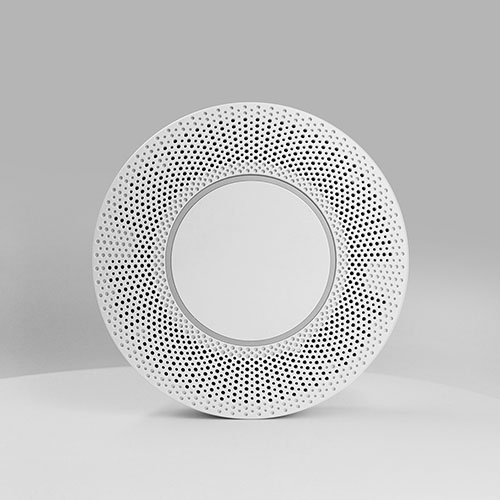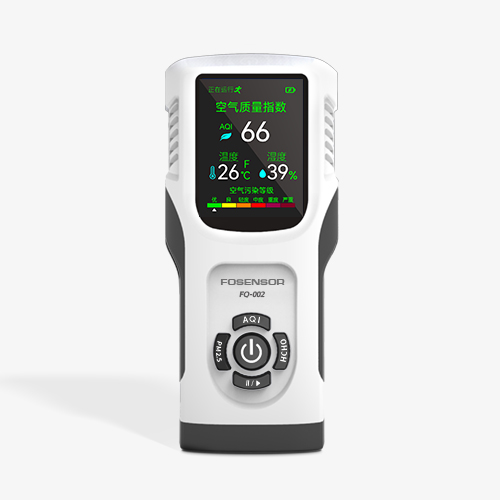Are air quality monitors accurate
Air quality monitors, as a technological product that has attracted increasing attention in modern life, aim to provide people with real-time data about the quality of the surrounding air. However, there are many types of air quality monitors on the market with different performances, which makes consumers have doubts when choosing: Are air quality monitors accurate? Is it reliable? This article will give you an in-depth understanding of the working principle, performance evaluation and selection points of air quality detectors to help you judge their accuracy.
How the air quality detector works
Air quality detectors usually have built-in sensors that can detect a variety of environmental parameters, such as the concentration of air pollutants such as particulate matter, sulfur dioxide, carbon monoxide, ozone, and nitrogen oxides, as well as meteorological parameters such as temperature, humidity, and wind speed. The sensor converts these environmental parameters into electrical signals, and after amplification, digital conversion and data processing, the results are displayed to the user. Therefore, the accuracy and sensitivity of the sensor are critical to the performance of the air quality detector.
When choosing an air quality detector, we can judge its accuracy from the following aspects:
Instrument quality
Quality air quality monitors are usually produced by reliable manufacturers and use high-quality materials and workmanship to ensure the stability and accuracy of the instrument. When purchasing, you can pay attention to the brand, production process, and user reviews of the product in order to choose products with reliable quality.
Sensor accuracy
The sensor of the air quality detector is the core component for detecting air quality, and its accuracy and sensitivity directly affect the reliability of the detection results. Therefore, choosing an instrument with high-quality and accurate sensors is an important factor in ensuring reliability. When purchasing, you can learn about the sensor type, performance parameters, and calibration methods used in the product to evaluate its accuracy.
Calibration frequency
Air quality monitors require regular calibration to ensure their accuracy. Calibration usually involves the use of calibration gases or specialized calibration equipment to adjust the sensitivity and accuracy of the instrument. When purchasing, you can learn how the product is calibrated and the recommended calibration frequency to maintain the accuracy of the instrument during use.
Application scenarios
Different air quality detectors may be suitable for different scenarios. For example, home air quality monitors may focus more on indoor air quality monitoring, while industrial air quality detectors need to meet higher accuracy and stability requirements. Therefore, when choosing an air quality detector, you need to choose the appropriate product based on your needs and usage scenarios.
To sum up, the reliability of an air quality detector depends on many factors, including instrument quality, sensor accuracy, calibration frequency, and application scenarios. When purchasing, we need to consider these factors comprehensively in order to choose an air quality detector that is reliable and suitable for us. At the same time, during use, we also need to pay attention to regular calibration and maintenance to ensure its accuracy and stability.
Of course, with the continuous development of technology, the performance and reliability of air quality detectors are also constantly improving. In the future, we can look forward to the advent of more accurate and intelligent air quality detectors, bringing more convenience and security to our lives. At the same time, the government and relevant departments should also strengthen the supervision and certification of air quality detectors to ensure the quality and safety of products on the market.
In short, as a technological product, the reliability of an air quality detector depends on many factors. When selecting and using, we need to pay attention to its working principle, performance evaluation, and selection points, etc., in order to judge its accuracy and make informed decisions.








